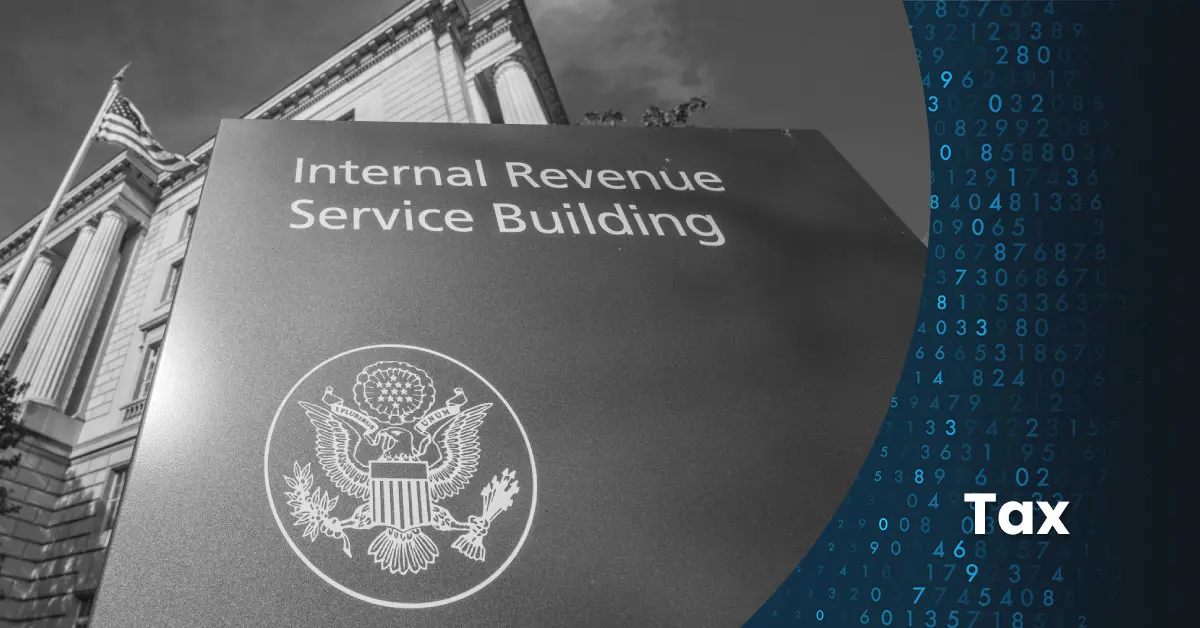The Biden administration on March 9 unveiled a budget proposal for fiscal 2024 that would reduce the federal deficit by nearly $3 trillion over 10 years, primarily by raising taxes on high-net-worth individuals and large corporations.
The proposed budget would increase the U.S. corporate income tax rate from 21% to 28%, and the top individual ordinary income tax rate from 37% to 39.6%. The international tax rules would be amended to raise the tax rate on the foreign earnings of U.S. multinational corporations, and the corporate stock repurchase excise tax that was enacted as part of the Inflation Reduction Act of 2022 would increase from 1% to 4%.
The White House simultaneously released the General Explanations of the Administration’s Fiscal Year 2024 Revenue Proposal, known as the “Green Book,” which provides explanations and detailed estimates from the Treasury Department for the administration’s revenue proposals.
The following is a more detailed description of the administration’s proposals that would affect business entities and individuals.
Corporate and Business Tax Provisions
Raise Corporate Income Tax Rate to 28%
C corporations pay an entity-level income tax at a flat rate of 21%, and their shareholders pay a second level of tax on distributions that are made from either current or accumulated (past) earnings and profits of the corporation. The proposal would increase the tax rate for C corporations from 21% to 28%.
Strengthen Limitation on Losses for Noncorporate Taxpayers
Section 461(l) imposes a limitation on the ability of noncorporate taxpayers to use business losses to offset other sources of income. Indexed annually for inflation, the annual limitation for 2023 is $578,000 for married individuals filing a joint return and $289,000 for all other taxpayers. Any net business losses in excess of this limitation constitute an excess business loss that is carried forward to subsequent taxable years subject to the rules applicable to net operating losses. After being extended twice, under current law, these limitations would cease to apply for taxable years beginning after December 31, 2028. The proposal would make Section 461(l) permanent.
Partnership Tax Provisions
Tax Carried (Profits) Interests as Ordinary Income
Following enactment of the Tax Cuts and Jobs Act in 2017, allocations of long-term capital gain representing so-called “carried interests” have been subject to recharacterization based on the holding period of property generating the gain. To the extent the property generating gain was held for three years or less, the carried interest allocations would be recharacterized as short-term capital gain subject to ordinary income tax rates.
Consistent with the administration’s fiscal year 2023 budget proposal, the administration proposes treating certain carried interest allocations as ordinary. Specifically, under the proposal, a partner’s share of income from an “investment services partnership interest” (ISPI) would be taxed as ordinary income, provided the partner’s taxable income from all sources exceeds $400,000. Additionally, to the extent income allocated with respect to an ISPI is taxed as ordinary income, the income would also be subject to self-employment taxation. The proposal would be effective for taxable years beginning after December 31, 2023.
Repeal Deferral of Gain from Like-Kind Exchanges
Under current rules, taxpayers are able to exchange real property used in a trade or business or held for investment purposes for other real property without triggering taxable income. The administration’s proposal would effectively repeal the ability to defer gain in excess of $500,000 for each taxpayer ($1,000,000 in the case of married taxpayers filing a joint return) per year in connection with the exchange of real property. Any gain above these thresholds would be recognized as taxable gain in the year of the transfer of real property subject to the exchange. The proposal would be effective for exchanges completed in taxable years beginning after December 31, 2023.
Individual, Estate and Gift Taxes
High-net-worth individuals continue to be the focus of many of the administration’s proposals in its fiscal year 2024 budget. The proposals, many of which look similar to prior budget proposals, encompass raising individual tax rates, raising capital gain and qualified dividend rates, taxing exchanges between grantors and grantor trusts, imposing restrictions on grantor retained annuity trusts and taxing dispositions of appreciated property at death.
Net Investment Income Tax (NIIT)
Not seen in prior budgets, the administration proposes to expand the net investment income tax (NIIT) base to ensure that all pass-through business income of high-income taxpayers is subject to either the NIIT or Self-Employment Contributions Act (SECA) tax. The administration also proposes to increase the NIIT rate and the additional Medicare tax rate by 1.2 percentage points for taxpayers with more than $400,000 of earnings, which would bring the total tax rate from 3.8% to 5%. This threshold would be indexed for inflation. Both proposals would be effective for taxable years beginning after December 31, 2022.
Individual Income Tax Rate
The administration proposes increasing the top marginal individual income tax rate from 37% to 39.6%. For taxable year 2023, the rate would apply to taxable income over $450,000 for married individuals filing jointly ($225,000 for married individuals filing separately), $425,000 for head of household filers and $400,000 for single filers.
The proposal would be effective for taxable years beginning after December 31, 2022.
The proposal to increase the top marginal individual income rate merely accelerates the increase of the top individual tax rate to 39.6% that is currently scheduled to occur beginning in 2026, which is after most of the 2017 Tax Cuts and Jobs Act (TCJA) provisions are set to expire. However, this proposal also would lower the taxable income bracket subject to the top marginal income tax rate.
Minimum Tax Liability
The administration also proposes a minimum tax of 25% on taxable income, inclusive of unrealized capital gains, for taxpayers with a net worth in excess of $100 million. Payments of the minimum tax would be treated as a prepayment available to be credited against taxes on future realized capital gains.
Capital Gain and Qualified Dividend Income
Long-term capital gains and qualified dividend income of taxpayers with taxable income over $1 million would be taxed at ordinary income tax rates to the extent the taxpayer’s income exceeds $1 million ($500,000 for married individuals filing separately). The threshold would be indexed for inflation after 2024. The proposal would be effective for gain required to be recognized and for dividends received on or after the date of enactment.
If the proposal for raising the ordinary income tax rate to 39.6 % becomes law, then the maximum tax rate on capital gains would effectively be 44.6% (39.6% plus NIIT rate of 5%).
Grantor Trusts
Currently, sales between a grantor and his or her intentionally defective grantor trust are nontaxable events. The proposal would recognize such sales and require the seller to recognize gain on the sale of appreciated assets. Taxable transfers also would include the satisfaction of an obligation (i.e., annuity or unitrust payments) with appreciated property. The provision would apply to all transactions between a grantor trust and its deemed owner occurring on or after the date of enactment.
The proposal also would treat the payment of a grantor trust’s income taxes by the deemed owner as a taxable gift occurring on December 31 of the year in which the tax is paid, except to the extent the deemed owner is reimbursed by the trust during that same year. The provision would apply to all trusts created on or after the date of enactment.
Valuation and Intrafamily Transfers
Taxpayers regularly transfer marketable securities and other liquid assets to partnerships or other entities, make intrafamily transfers of interests in those entities and then claim entity-level discounts in valuing the gifts. Similarly, intrafamily transfers of partial interests in other hard-to-value assets such as real estate, art or intangibles also occur, allowing all family co-owners to claim fractional interest discounts. The proposal would minimize or eliminate valuation discounts for lack of marketability and lack of control for intrafamily transfers of partial interests in property in which the family collectively has an interest of at least 25% of the whole.
The proposal would apply to valuations as of a valuation date on or after the date of enactment.

 Previous
Previous






